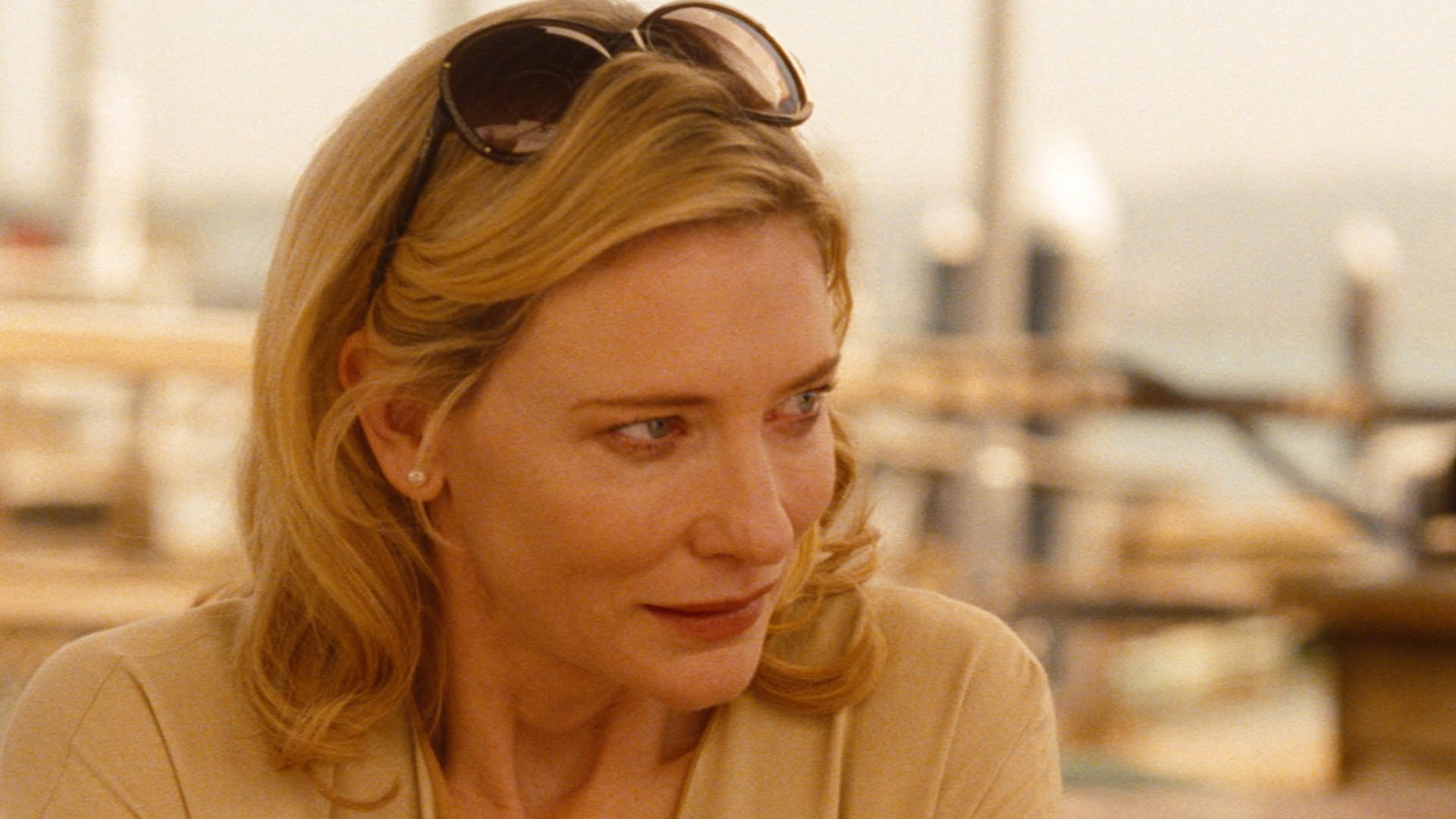'Blue Jasmine'
Woody Allen's films are often so effortlessly excellent that any tangible criticism of them feels silly. So it is with Blue Jasmine, a film that oozes quality and features an Oscar nomination-worthy performance from its star, Cate Blanchett, but is ultimately unsatisfying.
Blanchett plays the titular character (Jasmine, not Blue), a fallen Manhattan socialite who flees to San Francisco and to the much humbler shelter of her "sister" Ginger, who is played by Sally Hawkins. I put sister in quotes because, as Jasmine, nee Jeanette, goes to great pains to point out, both were adopted by their parents and because their treatment of each other is rarely very sisterly, despite Ginger's repeated reminders to her ex-husband and boyfriend that "she's family."
Blanchett has turned to her non-biological sister as a last resort after the arrest and suicide of her husband Hal and her subsequent nervous breakdown. Blanchett's husband is portrayed by Alec Baldwin in a series of flashbacks interwoven with the present day that contrast her old life of excess and unimaginable wealth -- built on the fraud of her husband -- with her precarious position, both mentally and financially, now.
Blanchett is the portrait of unhinged, binge drinking to calm her nerves, always teetering back and forth between semi-normal (albeit awfully high-strung) behavior and raving delusions in which she dresses down her dead husband for his infidelities or rails against someone she perceives as a critic, real or dreamed up. Guilt and shame, the depths of which are methodically revealed as the film unfolds, are behind her instability. "Surely, she must have known" her husband was up to no good is a common refrain in the film, whether it comes from her socialite friends who can't fathom how she is unaware of Hal's womanizing or Ginger and company who can't understand how she didn't know that her husband was a crook.
Either by nature or through years and years of practice, she is a seasoned liar, most especially to herself. San Francisco isn't nearly far enough away for her to escape all those demons, and though it seems for a second like she might, she can not outdistance her past despite the way in which she deceives everyone -- again including herself -- about it. Whether some sort of mental disorder or just ordinary delusions of grandeur, this is a spiraling descent in to the darker side of the writer and director's famed neuroses.
Allen is unrelenting in his study of Jasmine. Her presence in San Francisco make things worse, not just for her but for Ginger, who is prevented from allowing her boyfriend Chili, played by Bobby Cannavale, to move in and who, at least in part because of the tension between Jasmine and Chili, engages in an affair with Al, played by Louis C.K.
This, perhaps, is why I felt so unsatisfied. Jasmine is not a particularly sympathetic character, as it turns out, nor does she grow in any marked way. She is Don Draper without any of the regrets -- or even the realization that she is doing something wrong as she does it -- and plus an enormous persecution complex. Allen gets laughs out of knocking a phony socialite down a peg or five and juxtaposing her with the blue-collar characters played by Cannavale, Hawkins and C.K. But it's just not as much fun with a character like Blanchett's Jasmine, who is so deluded she barely even seems to realize she's been knocked down those few pegs.
Jasmine's only comeuppance is served up by Andrew Dice Clay's Augie, Ginger's ex-husband who lost his comparatively meager life savings after investing with Hal. In a chance meeting on a street corner, he blows to smithereens what she feels is her chance to restore her respectability. It's something. But it's not enough, probably because, as Peter Sarsgaard's character Dwight points out, her string of lies would have been exposed in short order anyway.
I'm not saying that Allen should have engineered his tale to be more satiating. The fact is that it isn't, though, and that left me wanting just a bit more.

